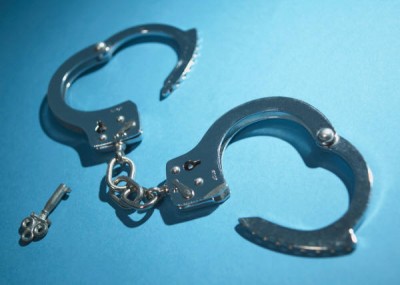The First Day on a New Antipsychotic Is Terrible
For me, today is the first day on a new antipsychotic. It’s a sucky day. Even though I swapped out an antipsychotic and even though I started on the lowest dose possible, this antipsychotic is wrecking havoc with my day. I wish this wasn’t so predictable, but it is. For me, it’s just a fact that the first day on a new antipsychotic is terrible.
Read More















Recent Comments